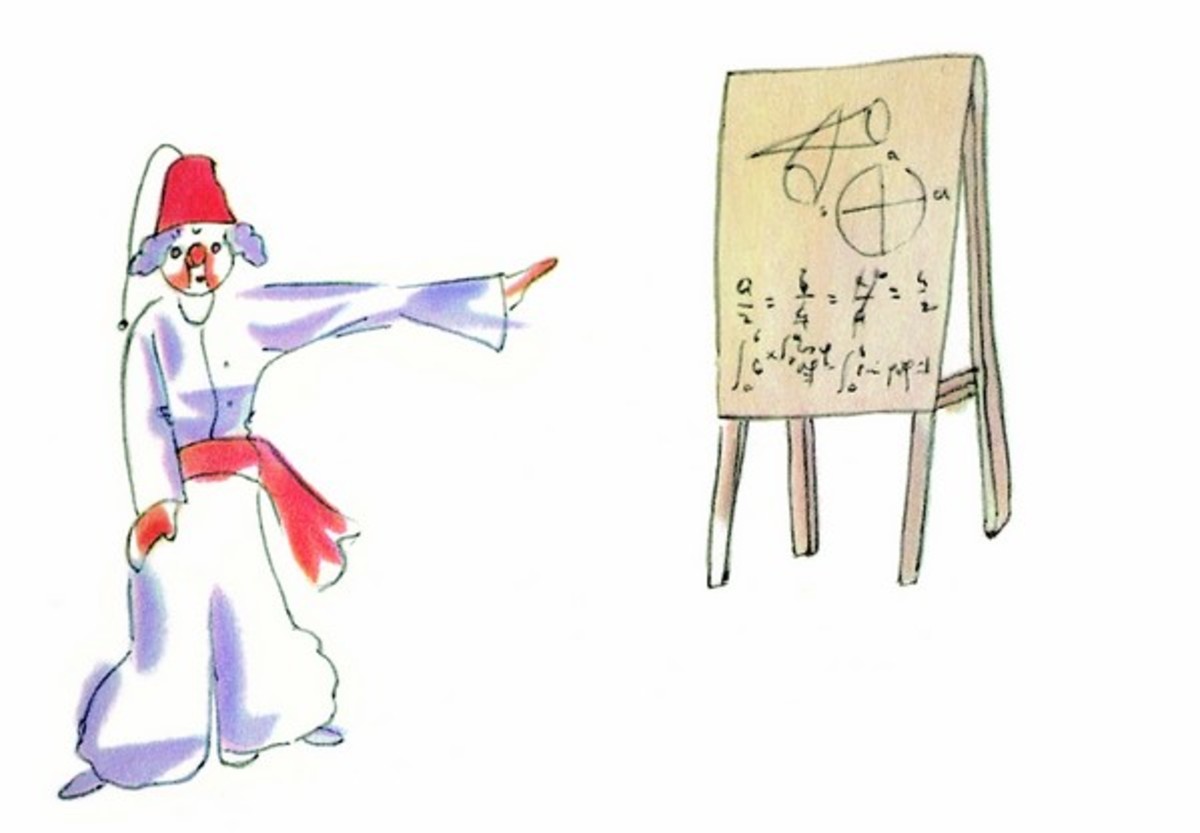- HubPages»
- Books, Literature, and Writing»
- Literature»
- Literary Criticism & Theory
Alienation in Modern Fiction: Introduction to the Theme and Relevance of POV
The theme of alienation stems from a rich literary tradition and is not new to fiction, yet within the works falling into the category of recent fiction it becomes increasingly prevalent. The themes of alienation, (and a resulting drive towards stronger human connection), within contemporary literature serves to mirror the sentiment within society that people have become increasingly disconnected. This does not mean that the world of the novel must necessarily reflect the modern world, simply that no matter the setting the theme remains a preoccupation.
Recent fiction as a genre is very often preoccupied with issues relating to alienation and the increasing difficulty of human connections, whether they be within the psyche, within the society, between characters, or between reader and work. Yet whether or not this human connection is realized and the alienation overcome is generally not the defining concept. Rather it is the fact that it is explored, discussed, even toyed with as a game of cat and mouse that creates interest within this subject.

Ultimately, regardless of whether or not eventual resolution of distance occurs, a tension arises between the need of the reader to enter the work, to understand it, to become absorbed by it, and the sense of distance or removal created or contained within. The very nature of exploring alienation can be exactly that, alienating, unless the author effectively manages to navigate their viewpoint to sustain a delicate balance of tension between interest and aversion, familiar and strange, closeness and distance.
The utilization of point-of-view as a literary technique can serve as a vehicle through which to explore issues of alienation through the both creation and eradication of distance. This distance can occur between characters in the story, character and event, or story and reader, with point of view being the tensile force that pushes and pulls the elements towards and away from one another. In selected works of Toni Morrison, Joan Didion, Milan Kundera, Don DeLillo, and Ann Patchett, the authors utilize points of view that range between third-person omniscient to first-person to explore, highlight, or work around the inherent challenges posed by various aspects of the theme of alienations.
Read On...
- Toni Morrison's Beloved: Exploring Trauma, Alienation, and Perspective
Discusses how Toni Morrison uses point of view to address the complexities of alienation and madness in the novel Beloved.





